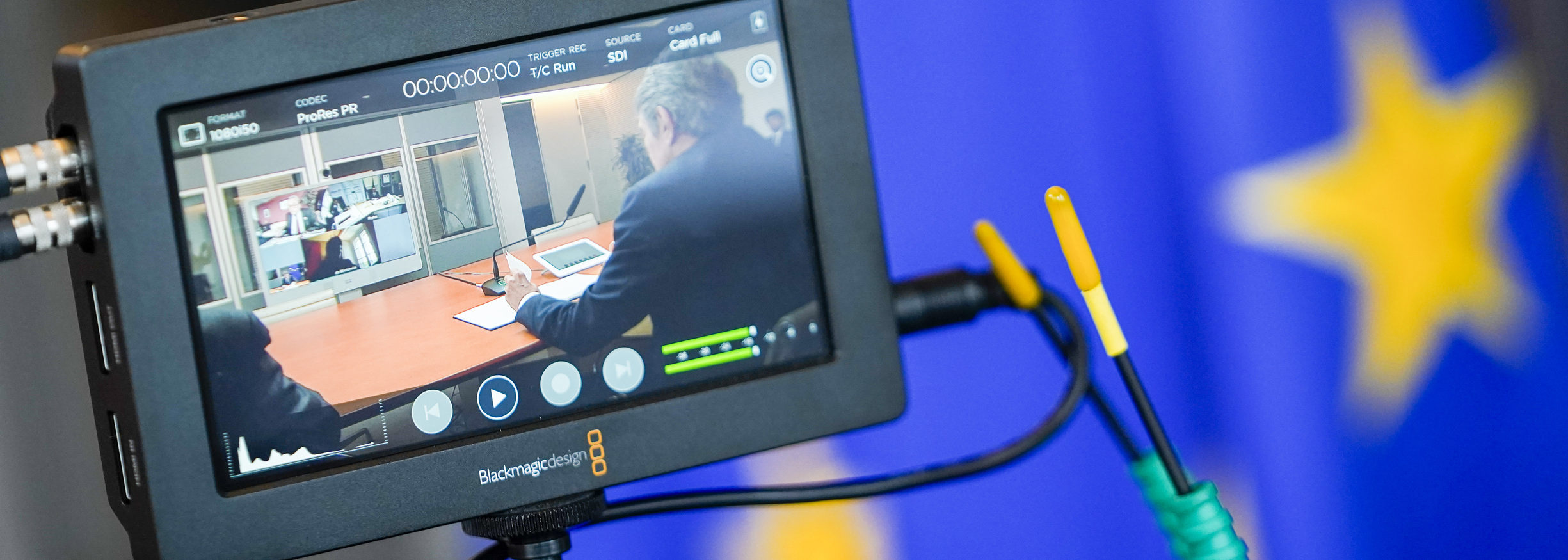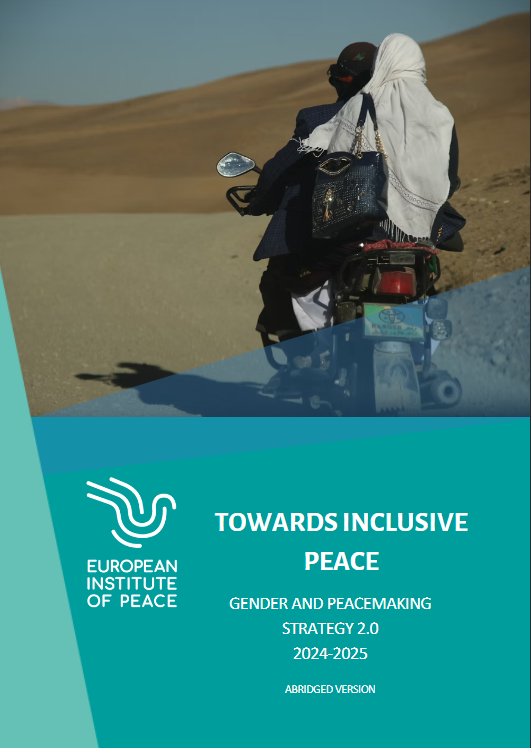The Institute launches new ‘Towards Inclusive Peace’ Gender and Peacemaking Strategy
08/03/2024

The Institute launches today 8 March 2024 its new Gender and Peacemaking Strategy 2.0 Towards Inclusive Peace to mark International Women’s Day.
The strategy sets out ways in which the Institute is advancing a whole-of-organisation approach to including gender perspectives and women’s meaningful participation in conflict resolution.
Gender should not be equated with a focus uniquely on women. The Institute uses gender as an analytical tool to better understand and analyse power and conflict dynamics in a range of contexts.
However, women are still consistently excluded from peace efforts and conflict resolution. Despite decades of effort to transform elite- and male dominated decision-making in conflict resolution, women remain marginalised across all aspects of peace promotion, building, agreements, and implementation.
As this strategy lays out, it is essential to acknowledge the pivotal role of women in fostering peace and security. Research has consistently shown that women bring unique perspectives and priorities to peace efforts, often emphasising human security and the broader benefits for post-conflict societies. Their meaningful participation not only broadens the scope of discussions for a more ‘positive’ peace but also enhances the dynamics of peace processes by drawing in larger constituencies and securing peace dividends beyond the immediate conflicting parties.
Evidence has increasingly demonstrated that women’s involvement in peace agreements correlates with improved outcomes, such as the durability and successful implementation of these agreements. Agreements signed by both men and women often contain more provisions aimed at political reform, with a higher rate of implementation of these provisions. Moreover, an analysis of peace agreements from 55 countries between 2000 and 2016 revealed a greater likelihood of including gender provisions when women participate in track 1 or 2 peace processes.
Against this backdrop, the Institute aims to contribute to an inclusive approach in conflict resolution through this strategy, especially through the WPS pillar of participation and the integration of gender perspectives.


